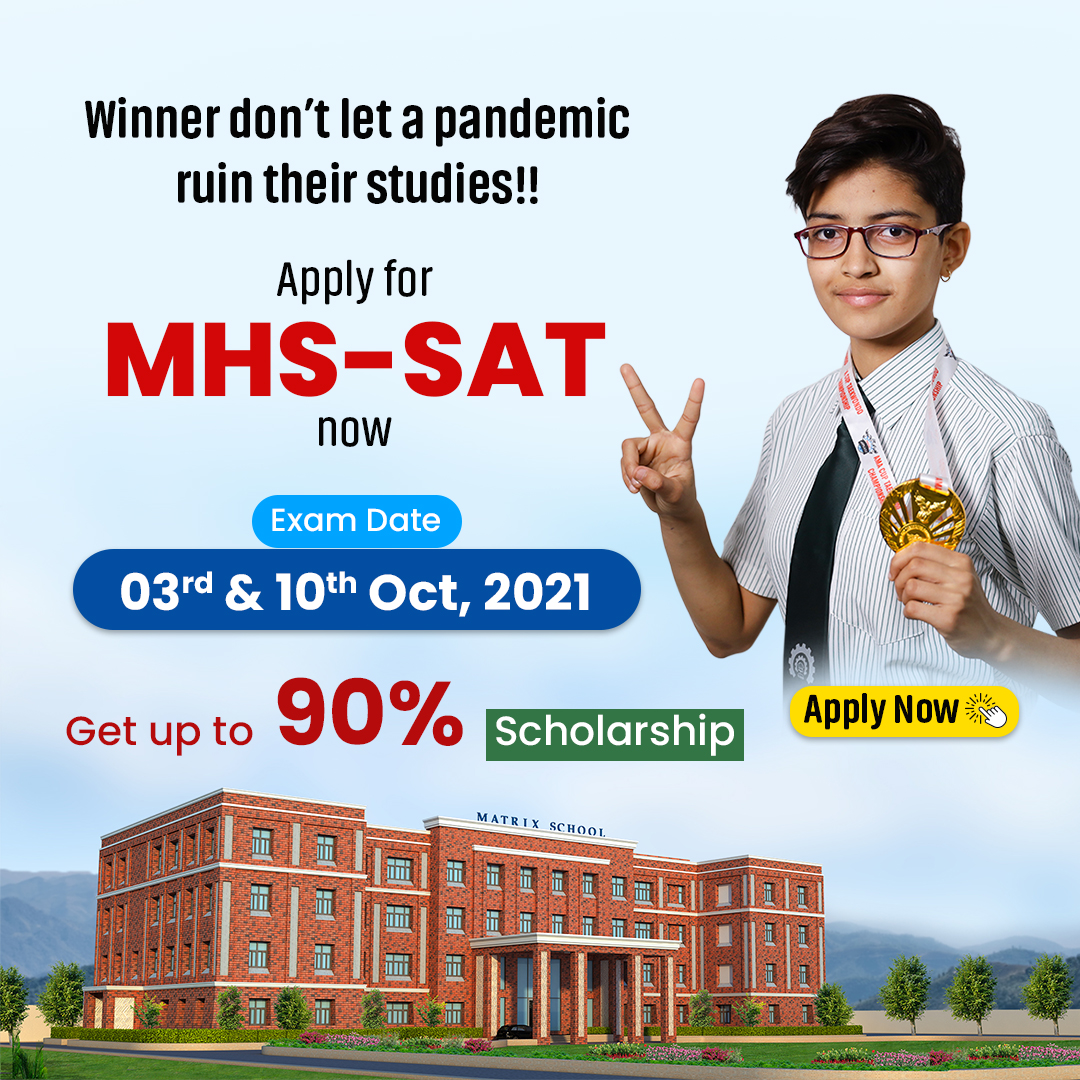IJSO
International Junior Science Olympiad (IJSO) is a competition in science for students who are fifteen years or younger on 31st December of the competition year. Objective of IJSO aims is to promote interest in science among school students, exposing them to problem solving, critical thinking and experimentation. Over the years IJSO targets to positively impact science and mathematics education at school level.IJSO is held in the first week of December of every year, in several countries. Currently around 50 member countries participate every year.
The academic competitions of the IJSO includes challenging tests in topics of science, both as theory questions and practical tasks. The tests are designed to test students' understanding of concepts, and their ability to apply concepts to the situations described in the tests.
An important aim of the Olympiads is for young people to experience different cultures and to bring about interactions between students from across the world. The Olympiads thus have a potential to promote global peace and understanding.
The IJSO statutes state that no country may have its delegation excluded from participation on political grounds, lack of diplomatic relations, lack of recognition by the government of the organizing country, imposed embargoes, or other similar reasons. It is expected that the team representing the country has been selected after some form of national effort.
Participation in the IJSO either by a host country, a delegation or an observer, signifies acceptance of the statutes governing the IJSO.
International Junior Science Olympiad (Aims and Objectives)
The International Junior Science Olympiad (IJSO) is an annual individual and team competition in the Natural Sciences for students who are under sixteen years old on 31st December of the competition year. IJSO has been established in recognition of the significance of the Natural Sciences in the general education of young people and in all aspects of their lives. It is a purely educational event.
IJSO Aims
• To promote and reward the pursuit of excellence in scientific endeavor.
• To challenge, stimulate and encourage students to further develop their talents in Natural Sciences.
• To facilitate friendship and relationships among students around the world from an early age.
IJSO Objectives
• To stimulate the active interest of students in the Natural Sciences.
• To promote their careers in scientific fields.
• To enhance and develop international contacts in the Natural Sciences.
• To promote global scientific collaboration.
• To encourage the formation of friendships within the scientific community.
• To offer the opportunity to compare the syllabi and educational trends in science education within the participating countries.
IJSO Syllabus
The syllabus of the International Junior Science Olympiad (IJSO) lists the skills and areas of knowledge the participants should be familiar with for this competition.
It thus serves as a guideline for developing tasks to the Scientific Committees of the hosting countries but should also help the leaders of the participating countries to effectively train their students for this competition.
In order to keep the syllabus up to date it should be revalidated every three years and if necessary shortened or expanded.
Structure and content of the syllabus
The International Junior Science Olympiad is a general science competition. The IJSO syllabus is therefore not strictly divided into the disciplines biology, chemistry and physics but rather intends to highlight basic general concepts in science.
This conceptual approach is also meant to encourage the development of problems of interdisciplinary content and relevance.
The content of the syllabus is based on
• The former syllabus of the IJSO,
• The syllabi for students up to 15 years of age in the participating countries,
• The problems given at the IJSO until the 5th IJSO in 2008.
Omissions and additions were made if considered suitable.
Remarks about problems given at the IJSO
More complex or additional topics may be investigated in the problems provided sufficient information to work on the questions is given in the problems themselves. This may include topics in science that are not listed below as well as the use of sophisticated apparatus in the experiments. The additional topics will not compose more than 10 % of any paper.
All Problems should be given using SI-units. If other units are used the conversion to SI-units should be explained. A list including all the natural constants used in the tests should be provided.
The experimental problems at the IJSO should only employ equipment that most of the students are familiar with and that may be found at schools. Furthermore they should not involve dissection of animals.
For more information on Syllabus, Click Here.


